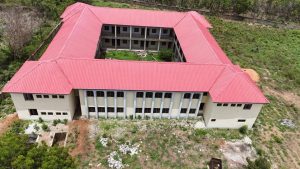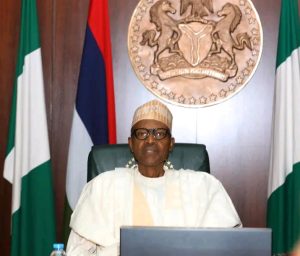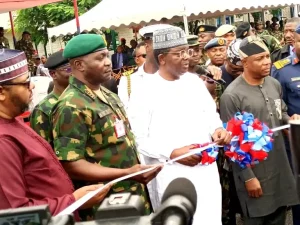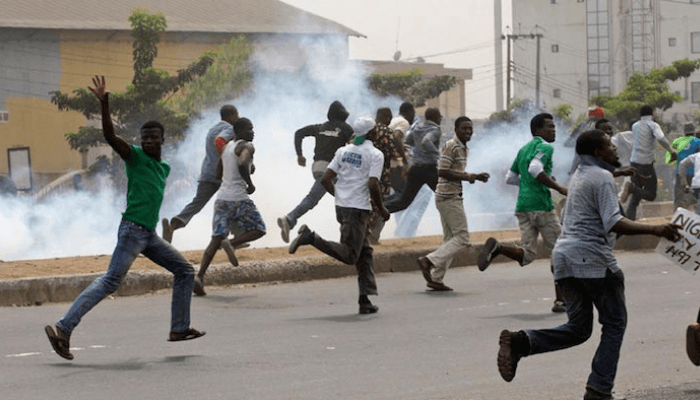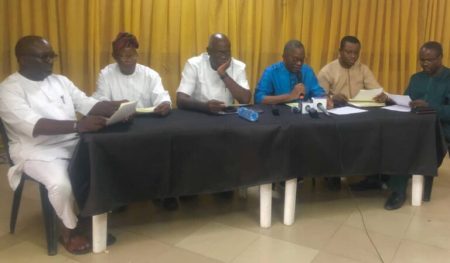Nigeria’s rising economic challenges and insecurity are reshaping age-old traditions, forcing many to alter long-standing cultural practices. Events like traditional marriages, burials, and festivals, once rooted in villages, are now being held in cities or even overseas by Nigerians in the diaspora.
Traditionally, marriages required the groom to visit the bride’s village to complete rites with her kinsmen. However, rising insecurity, particularly in the eastern part of the country, has led families like Hyacinth Nweke’s to host their daughter’s traditional marriage in Lagos instead of traveling to their hometown in Enugu.
“We avoided the risk of traveling due to insecurity, especially from kidnappers and herdsmen, and completed all rites remotely with our kinsmen,” Nweke shared.
This trend extends to burials. In Igbo culture, it was once essential to return the deceased to their ancestral villages for burial, but more families now opt for city-based interments due to security risks and prohibitive costs. The rising cost of fuel and transportation, exacerbated by the removal of fuel subsidies, has led many to reconsider the expense of transporting remains to rural areas.
Ojiemen Oseghale, from Edo’s Esan tribe, shared a similar experience when his sister died in the U.S., but her remains were not brought home due to the logistical and financial strain.
Cultural events like New Yam Festivals and ofala ceremonies are also seeing a shift, with many now being celebrated in urban areas and even abroad. This transition reflects a growing desire to avoid travel costs and security risks, as economic pressures continue to mount across Nigeria.




